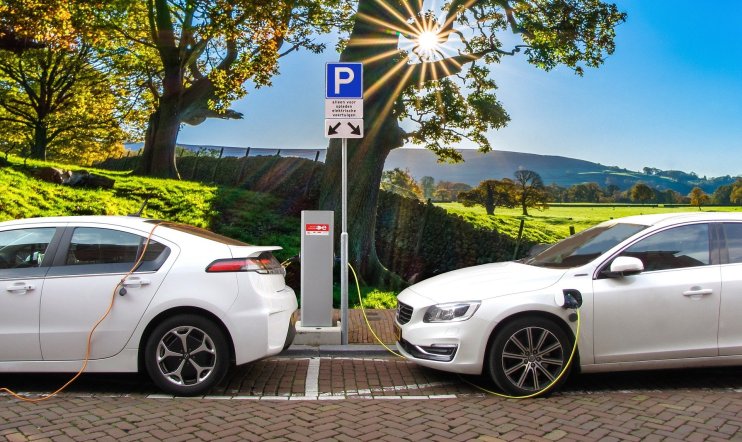All new cars will be net zero by 2040, says COP26 declaration

Representatives from several governments, businesses and other automotive stakeholders have committed for all new car sales to globally be net zero by 2040.
By signing the COP26 “declaration on zero emission cars and vans”, stakeholders have agreed that in leading markets the transition to environmentally conscious vehicles will need to happen no later than 2035, with cities and regional governments working to put in place policies that will incentivise the change.
While automotive manufacturers – including Ford, Mercedes-Benz and Volvo – have committed to net-zero sales by 2035, business fleet owners such as National Grid and Ikea have pledged to turn their car and van fleets green by 2030.
“We will work together to overcome strategic, political, and technical barriers, accelerate the production of zero emission vehicles and increase economies of scale, to make the transition faster, lower cost, and easier for everyone,” wrote the signatories.
Commenting on the commitment, Thomas Ingenlath, chief executive at automotive company Polestar, called for increased transparency from the car industry.
“Car companies are still talking about selling petrol and diesel cars until 2040,” he said.
“Considering the lifetime of a car, they will still be driving and polluting in the second half of this century. They are delaying one of the most powerful climate protection solutions available to us.”
The declaration also received negative feedback from environmental stakeholders. Greenpeace called the pledge “the weakest of agreements”, as big players – including Renault-Nissan and Volkswagen – were not part of the signatories.
“What’s gravely concerning today is that major economies like the US, Germany, China, Japan and manufacturers like Toyota and Hyundai could not even bring themselves to sign a declaration on electric vehicles that promises less than what’s actually required to maintain climate security,” said Greenpeace Germany’s executive director Martin Kaiser.
According to the International Energy Agency, to align with the 1.5 degree pledge, 60 per cent of global new car sales need to be battery electric by 2030, while internal combustion engine cars need to be phased out by 2035.
“To stop new fossil fuels, we need to cut off our dependency,” added Kaiser. “That means moving on from combustion engines towards electric vehicles and creating clean public transport networks without delay.”
Talking to City A.M., Transport and Environment’s UK director Greg Archer added: “The 2040 timeline proposed by countries to end sales of new engined cars is a step in the right direction but too late to deliver the transformation needed in time.
“More concerning is that major car producers like Germany, China and the USA have failed to make any commitment to shift to only zero emission cars and vans along with the biggest global carmakers Toyota and Volkswagen.”